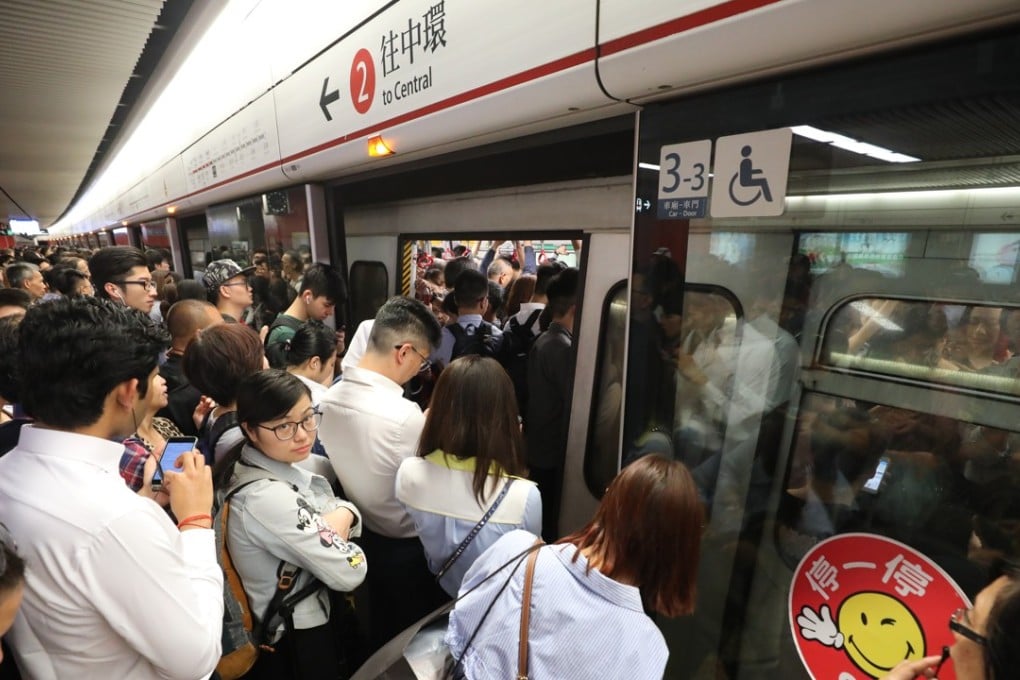Hong Kong’s MTR to bring in overseas expertise to investigate worst service breakdown ever
Six-hour service disruption due to signal failure was so unprecedented, there was nothing in the railway operator’s handbook to deal with the emergency

Hong Kong’s railway operator has been forced to seek overseas expertise to investigate its worst service breakdown ever due to a network-wide signalling failure so rare, there was nothing in its handbook to deal with an emergency of that magnitude.
“The corporation will provide fare concessions of about half fares for one day as soon as possible to thank passengers for their support and patience,” managing director Jacob Kam Chak-pui said.
Describing the breakdown as “very unusual, rare and unprecedented”, Kam could neither pinpoint the cause nor rule out any possibility as he announced the setting up of a panel to investigate, assisted by a signalling system expert brought in from outside Hong Kong.
“Since this signalling system came into operation in the late 90s, we have never encountered this unusual situation,” Kam said. “Not even the design and maintenance handbook mentions such a scenario.”
MTR signal fault finally fixed after six hours of commuter chaos
The trouble began at around 5.30am on the Island, Kwun Tong and Tsuen Wan lines before expanding to the Tseung Kwan O line as well. The MTR Corp said centralised speed instructions could not be transmitted to trains along the four lines, forcing drivers to switch to manual mode and slow down services for the sake of safety.